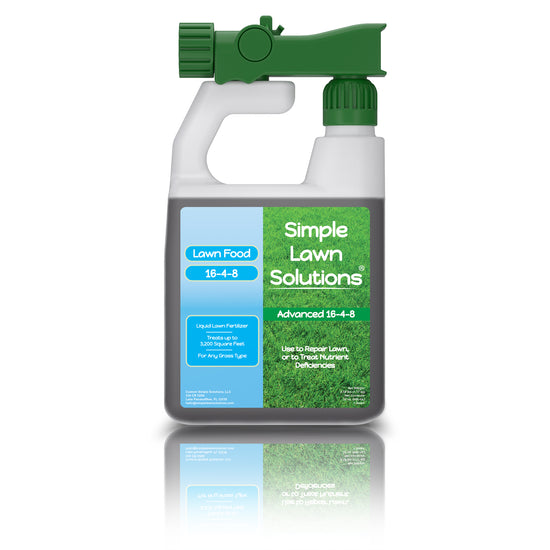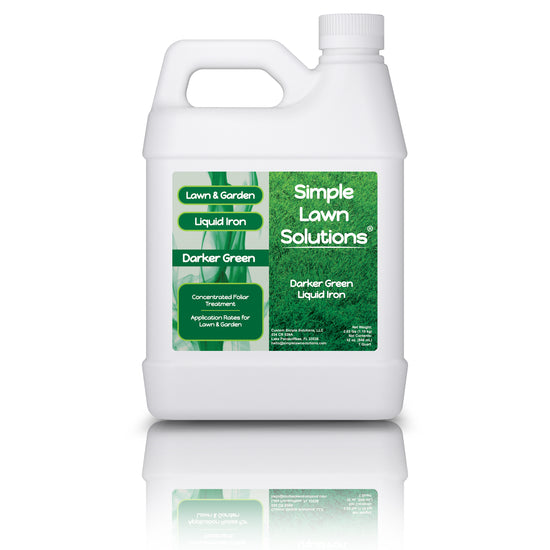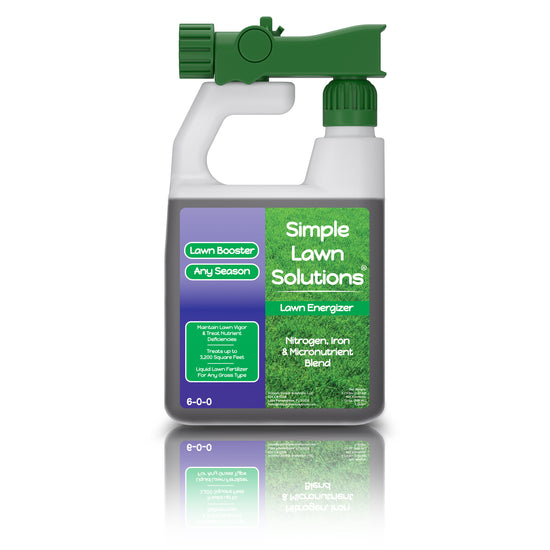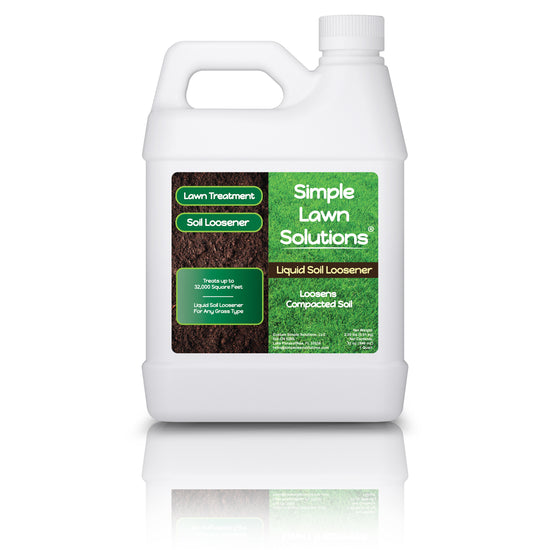Blades of grass are not all created equal. Look upon a random lawn, and you may see vibrant, green grass. You may also see a slightly duller shade as if it’s losing its luster. And that lawn over there? A patch of gorgeous, bright green that doesn’t match the rest of their green lawn. So, what gives? There are numerous reasons for the different shades of green you see everywhere. It could be nutrients in the ground, how that lawn is being treated (if at all), or even what seed was planted. Below, we’ll give you a few reasons why one green lawn may look different from another.
The Difference in Green Grasses
- How often the grass is watered
- Fertilizer and how it’s applied
- Mystery nutrients
- Weedy grasses
- It might be your dog
Let’s break these down into a little more detail.
1. Water is a Tricky Thing
We all know water is vital for survival, and this goes for your green lawn, too. A well-hydrated lawn will stay healthy and green. When you do water your grass, it’s best to do it in the morning, as the usually cooler temps will slow evaporation. If you can’t get to a morning routine, late afternoon/early evening is second best. Aim for two good waterings a week, at least enough to go six inches deep.
Too much water is not a good thing, however. While it may seem a good idea to water lightly multiple times a week, this high amount of constant moisture may cause fungus to grow within your grass, causing disease and giving weed seeds plenty of moisture to germinate. Are you noticing dry, listless patches? You may not be watering enough. Your lawn needs a nice long drink. Start this evening, why delay?

2. Feeding Your Lawn
Fertilizer is a wonderful thing for your lawn (we would know!). Adding the right nutrients is critical to keeping your lawn gorgeous and soft underfoot. Incorrectly applying it, however, can leave you with patches and streaks. If correctly and evenly applied, you should find yourself with a luscious, deep green lawn. If you don’t use enough of the fertilizer, or it is unevenly spread, you may find yourself with a pale-green color, possibly even yellow. Use too much fertilizer, and you could ruin your grass altogether, turning it brown in areas. A proper fertilizing regimen with the right equipment will ensure an excellent, even green for your yard.
3. What Is Feeding Your Lawn?
Sometimes fertilizer isn’t the only thing giving you nutrients. Are you noticing vibrant green patches in your yard? If you’ve ruled out fertilization issues, maybe you might have something called fairy rings. These circular, dark green patches sometimes even sprout mushrooms and are caused by decaying organic matter in your soil. This decay releases nitrogen, on which your grass thrives. While it is technically a disease, there is no simple fix. Most can mask it with fertilization (nitrogen of course) and a routine of watering and aerating as well.
4. Weeds In Disguise
Noticing some bright green patches on your green lawn? You may have grassy weeds, which by definition are plants growing where they're not desired. Bermudagrass can be considered a weed and is difficult to control. Annual bluegrass is a light green grass that is a prolific reproducer and is known for its unsightly seed head production. So the next time you see patches of grass of different colors in a lawn, remember it could be grassy weeds, which in certain cases can be difficult to control.
5. The Dog Did It
Noticing brown spots in your yard, about 5-10 inches in diameter? Do you have a dog? Chances are, they go hand in hand. See, a dog’s urine is high in nitrogen (there’s that keyword again) and lactic acid and just like we mentioned before with fertilizer, too much is not good for your grass.
There are many reasons why you may be seeing different shades of green around the neighborhood; we just went through a few. In most cases, having a routine for your lawn care will leave you with a gorgeous, green lawn. Notice any of the issues above? Or have any problems we didn’t address? Contact us, and we’d be happy to help.









